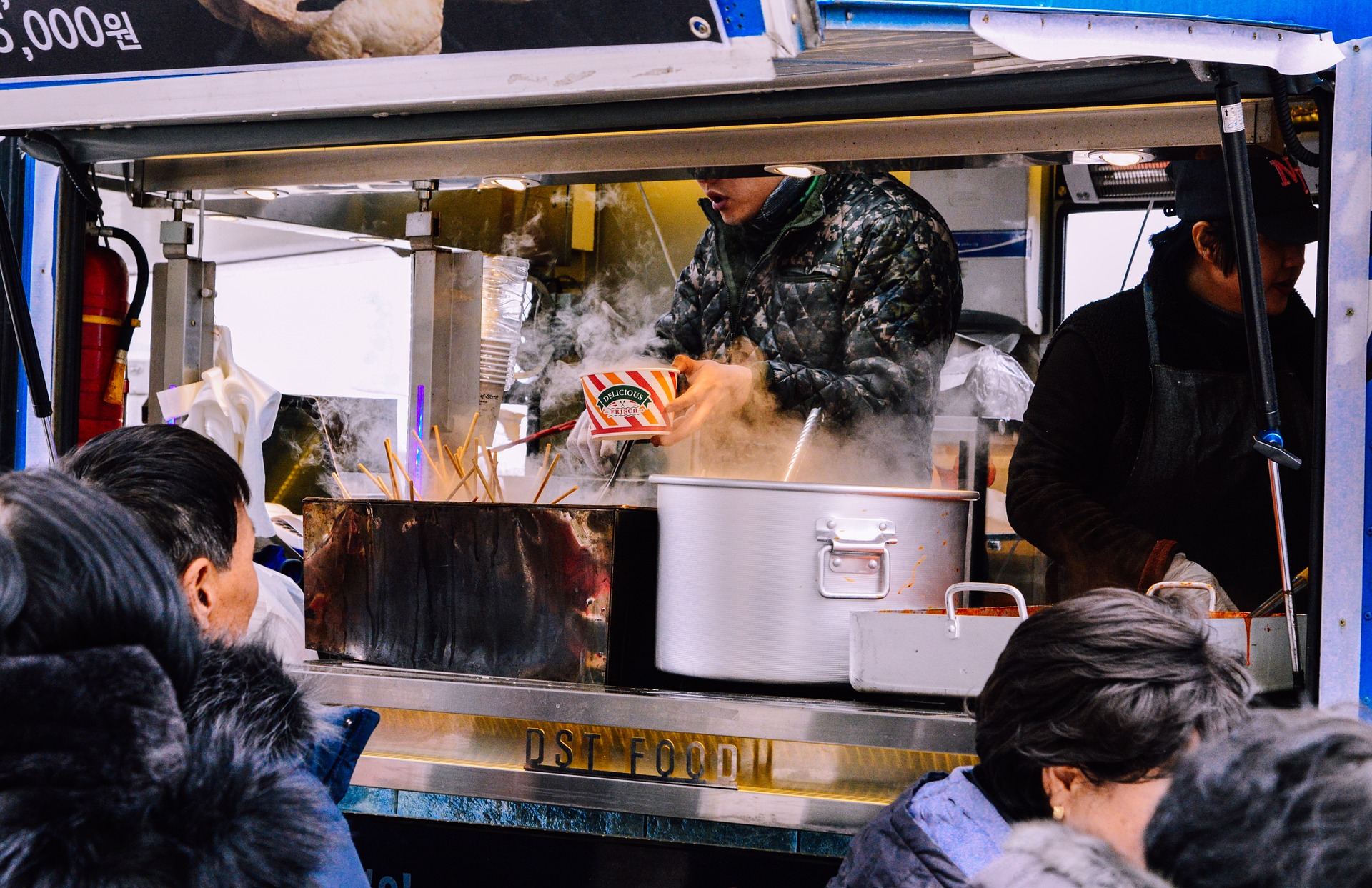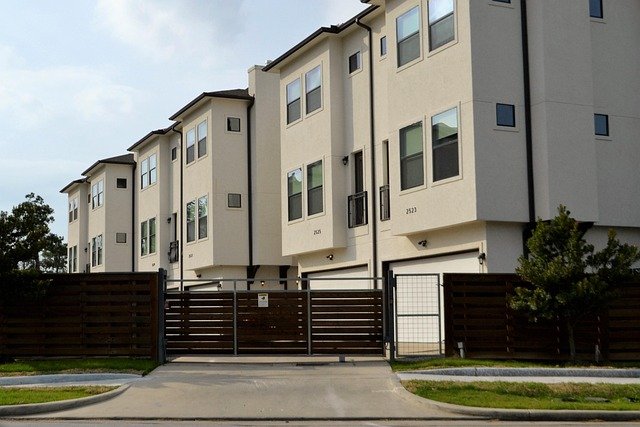Understanding Food Truck Rental Models: A Smart Choice for Starting Your Mobile Food Business
Starting a mobile food business doesn't always require purchasing an expensive food truck outright. Food truck rental models offer entrepreneurs a flexible, cost-effective pathway into the thriving mobile food industry. These rental arrangements provide access to fully equipped commercial kitchens on wheels while minimizing initial capital investment and financial risk. From short-term event rentals to long-term lease agreements, various rental models cater to different business needs and budgets.

Launching a mobile food business in the United States involves unique decisions about equipment, licensing, and cash flow. One of the most important choices is whether to rent, lease, or eventually own your vehicle. Food truck rental models offer flexible paths into the industry, especially for first-time operators who want to test concepts without committing to a six-figure purchase.
Classification and analysis of food truck rental models
Food truck rental models in the U.S. generally fall into four broad categories: short-term event rentals, long-term leases, shared or commissary-based trucks, and rent-to-own agreements. Short-term rentals are often used for festivals, corporate events, or pop-ups and may include a fully branded truck with equipment and sometimes staff. Long-term leases typically provide an equipped truck for months or years, making them suitable for everyday street service or scheduled routes.
Shared trucks are usually managed through a commissary kitchen or local fleet operator. Several small brands share the same vehicle on different days or time slots, which reduces costs but limits scheduling flexibility. Rent-to-own models resemble auto financing: you make regular payments over a fixed term, and at the end you own the truck. Each structure comes with trade-offs around control, customization, cost, and operational risk.
Advantages of renting a food truck
Choosing to rent instead of buying can lower barriers to entry. Upfront expenses are typically far lower than purchasing or building a custom unit, which often runs from tens of thousands to well over one hundred thousand dollars. Rental providers may handle maintenance, storage, and some permitting guidance, reducing the administrative load on a new owner-operator. This makes rentals appealing if you are testing a new menu concept, validating locations, or learning the daily realities of mobile service.
Another advantage is flexibility. With a rental, you can switch vehicles or upgrade equipment more easily than if you owned a truck that must be sold or heavily modified. If a specific neighborhood, cuisine type, or service model does not perform as expected, you can adjust your approach or end the agreement with fewer long-term obligations. For entrepreneurs balancing other jobs or family responsibilities, this flexibility can be crucial.
Understanding the food truck rental process
The food truck rental process usually begins with clarifying your concept and service plan. Providers often ask about cuisine type, expected service volume, operating hours, and locations. This information helps them match you with an appropriate vehicle, equipment layout, and rental model. You will likely complete an application, provide identification, demonstrate proof of funds or financing, and sometimes share a basic business plan.
Once approved, you review a rental or lease contract that sets the term length, payment schedule, included services, and responsibilities for repairs, insurance, and commissary use. Many operators in the United States must also secure local permits, health department approvals, and parking permissions. Some rental companies offer guidance or bundled support for these steps, while others expect you to manage licensing independently. Taking time to read every clause and ask questions can prevent misunderstandings later.
Food truck financing solutions
Because food trucks can be expensive assets, financing solutions often work alongside rental and lease models. In many U.S. markets, short-term event rentals might range from several hundred to a couple of thousand dollars per day, while long-term leases can sit in the low-to-mid thousands per month, depending on the truck’s size, condition, and equipment. Lease-to-own agreements combine regular payments with the option to become the owner after a specified term, but they may require higher credit standards or larger deposits.
| Product/Service | Provider | Cost Estimation |
|---|---|---|
| Short-term truck rental for events | Roaming Hunger | Roughly $800–$2,000 per day, depending on city and truck |
| Long-term food truck lease | Mobi Munch | Around $3,000–$6,000 per month for equipped trucks |
| Used truck purchase with financing | UsedVending.com | Down payments from about $10,000; monthly terms vary |
Prices, rates, or cost estimates mentioned in this article are based on the latest available information but may change over time. Independent research is advised before making financial decisions.
Beyond rentals, some operators use small business loans, equipment financing, or lines of credit from banks and online lenders to cover deposits, commissary fees, and initial operating costs. Others explore partnerships or investors to share risk. Whatever financing route you choose, it is important to map out how many events or service days you realistically need to cover monthly obligations, fuel, staff, and food costs, leaving a margin for profit and unexpected repairs.
Looking for used food truck rentals
Many entrepreneurs prefer used vehicles when looking for used food truck rentals because they often cost less and may already meet local regulatory standards. Some rental companies maintain fleets of previously owned trucks that have been inspected and refitted for new operators. Marketplaces and brokers can connect you with owners who rent out underused trucks on a seasonal or part-time basis, which may be attractive if you plan to operate only during peak months.
When considering a used rental, carefully inspect the vehicle’s condition, age of key components such as refrigeration and cooking equipment, and documentation for past repairs and inspections. Clarify who is responsible for breakdowns and how quickly support is provided. A truck that looks affordable on paper can become expensive if it spends too much time in the repair shop or does not comply with health codes in your area.
A thoughtful approach to rental models, financing, and the choice between new and used vehicles can help align your mobile food business with your budget and long-term plans. By understanding the structure of different agreements and the real-world costs involved, you can select a model that supports gradual growth, manageable risk, and a realistic pathway toward ownership if that becomes your goal.




